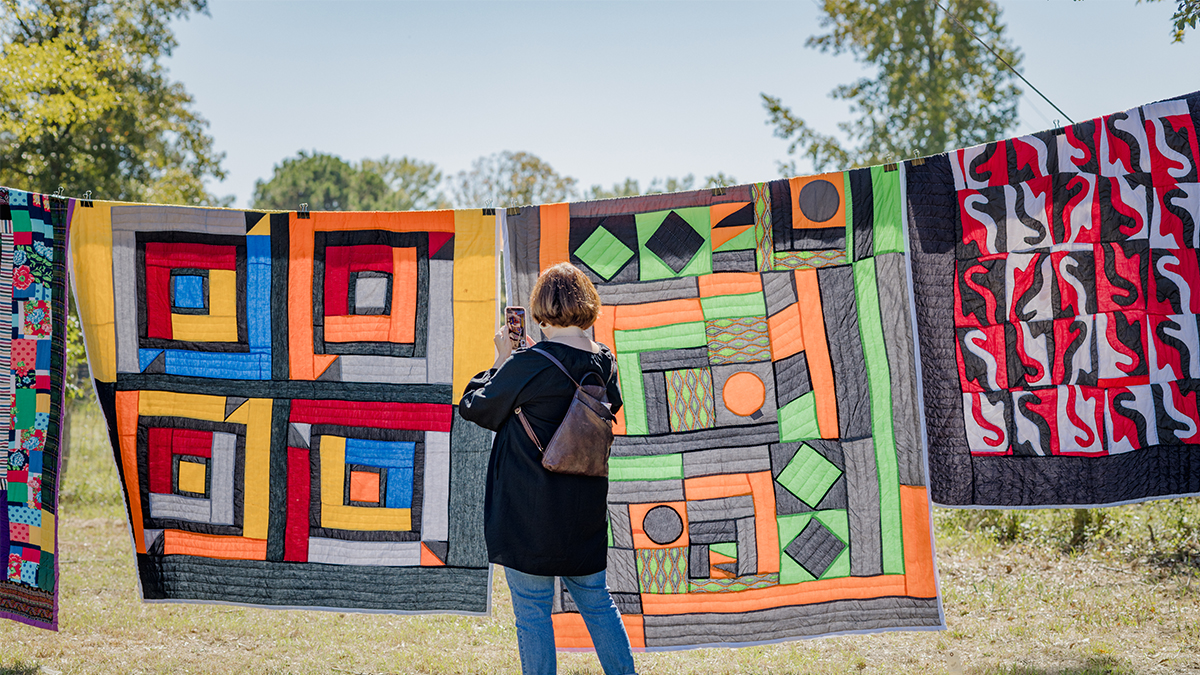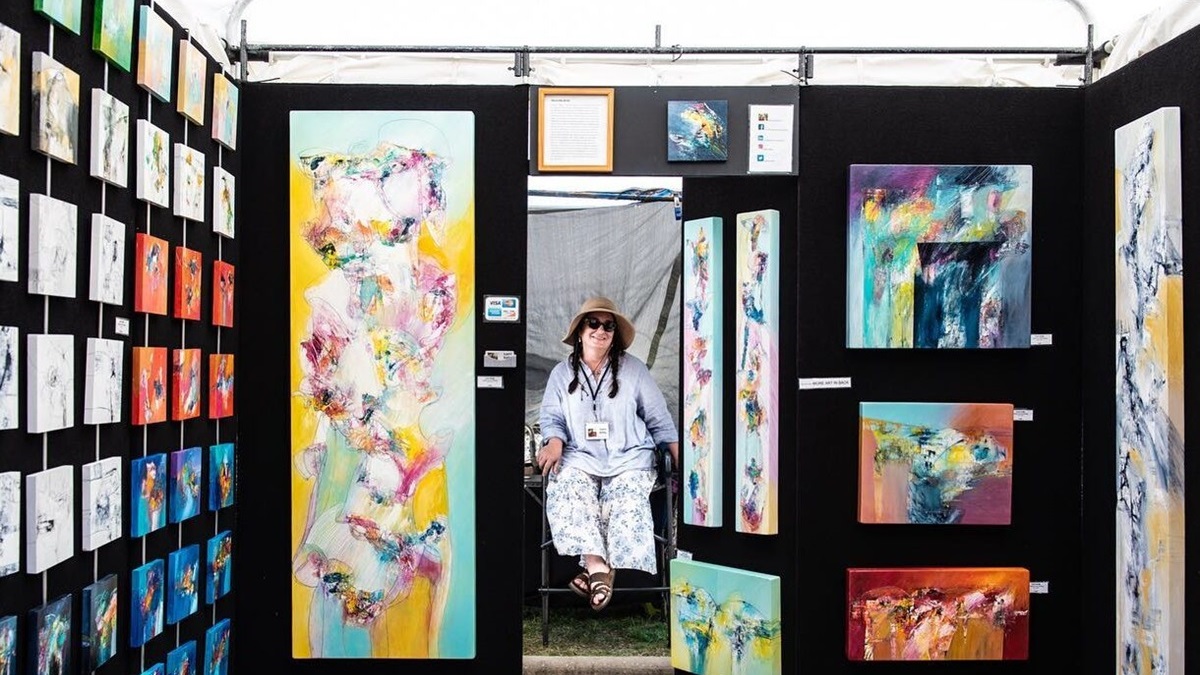Proposed cultural center in Auburn to highlight Black history, contributions to city

A Rosenwald school in Midway, Alabama. The City of Auburn plans to build a cultural center in the likeness of a Rosenwald school to help educate the public about the role of Blacks in Auburn's history. (Encyclopedia of Alabama)
A project envisioned for the city of Auburn would expand educational, recreational and cultural resources while building awareness about the city’s Black community and its contributions to the area.
Still in the conceptual phase, the Boykin-Donahue Campus would add a 17,000-square-foot cultural center, recreation center, splash pad and 20,000-square-foot library. It would include a museum space focused on the city’s Black history and provide a special events venue for residents and organizations.
The campus would be off Donahue Drive, where the city houses its public works and environmental services buildings. Auburn is relocating the facilities.
Auburn Mayor Ron Anders said the idea for the expanded campus originated with former Auburn Superintendent of Education Larry Dichaira and Auburn City Council members.
“The goal is to focus on sharing the heritage and story of African American citizens helping make Auburn what it is today,” Anders said. “This is an excellent way to continue to unify our community.”
Auburn received a charter from the Legislature in 1839 and soon developed into a thriving town that include a vibrant commercial district, churches and schools, according to the Encyclopedia of Alabama. African Americans were among the town’s first residents, as white settlers brought enslaved people with them to the new town.
The cultural center would be built with elements resembling the historic Rosenwald schools that were constructed with private donations in the early 20th century across the South to support the education of Black children. Six Rosenwald schools, named after the president of Sears Roebuck & Co., were built in Alabama in 1916. Lee County was the site of two of the six schools, with the others built in Montgomery and Macon counties.
While the detailed plans and a construction timetable for the project are still not defined, local leaders are excited about the prospect.
“This project has provided an opportunity to dive into Auburn’s history and put all the historic pieces together,” said Auburn Community Services Director Al Davis. “It’s not often that we get an opportunity to build a cultural center with the likeness of a Rosenwald school and allow people to step back in time and experience this history.”
As for the current Boykin Community Center on Boykin Street, with its own connection to Black history in the city, it is expected to continue to serve residents in the neighborhood after the new campus and cultural center is created. Originally Boykin Elementary School, it was built in 1951 during segregation to serve the city’s Black children. The school was integrated in 1970 and later was a middle school before its conversion to a community center.










